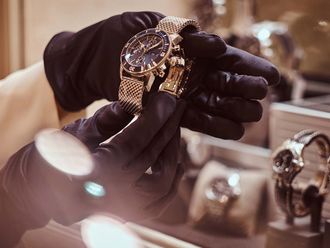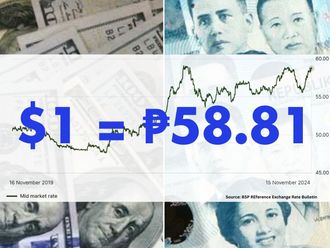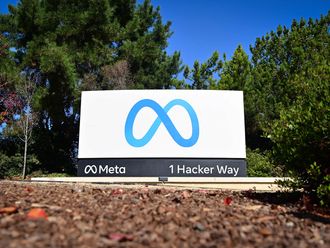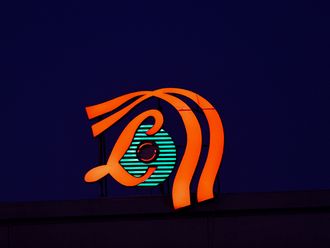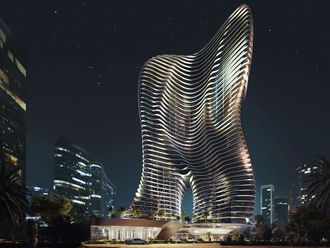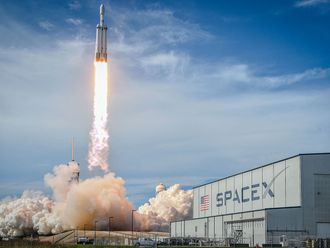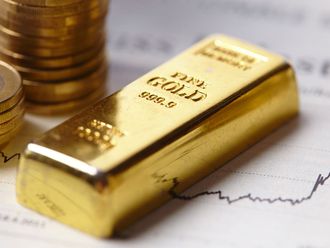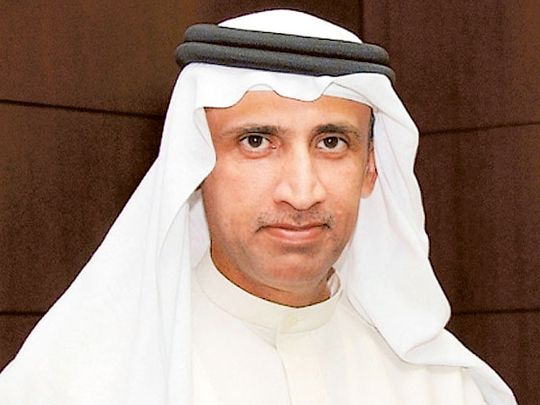
Dubai: Dubai expects to offer at least one flagship asset to the public as early as next year to stimulate investment and shore up its role as a global trade hub, a senior government official told Reuters.
Mohammad Al Shaibani, chief executive of the Investment Corporation of Dubai (ICD), told Reuters that Dubai had a plan to deal with debts maturing in coming years and would not see a repeat of the 2009 debt crisis. He declined to provide specifics.
“2014-2015 should be a fantastic time for IPOs. I can see potential for an IPO of one or two big government-owned entities,” said Shaibani, who also heads the Dubai Ruler’s Court.
“Personally, I’d like to see one of our big companies offered to the public now, but the market is not ready yet.”
Shaibani, a member of the three-man Supreme Fiscal Committee tasked with steering Dubai out of the crisis, said however that there would be no fire sale of assets to meet upcoming debt obligations. These include those under conglomerate Dubai World’s $25 billion restructuring deal.
ICD’s assets include Emirates airline, lender Emirates NBD and Emaar Properties. Other unlisted government assets include developer Nakheel, Emirates’ airline services arm Dnata, and Dubai Water and Electricity Authority.
Shaibani, speaking in his office in the Dubai International Financial Centre, declined to name the likely IPO candidates.
“It’s not hard to guess. The names are already out there,” he said, adding he also expected family-owned firms to list.
A listing by a big Dubai name would give a jolt to a moribund IPO market. The last listing on the Dubai Financial Market index was in March 2009 while the Abu Dhabi bourse has seen only a couple of minor sales since 2008.
Last year, Al Habtoor Group, one of Dubai’s biggest family-owned firms, postponed plans to raise as much as $1.6 billion.
Under control
Dubai has regained its footing since 2009. It received a $10-billion credit line from Abu Dhabi. A pick-up in its logistics and tourism sectors and its safe-haven status have helped.
A $1.25 billion two-tranche issue by Dubai this year included a $750 million Islamic bond that was heavily oversubscribed, underlining the emirate’s recovery.
“There’s a plan in place and we’re looking at different options. We’re always in talks with banks,” Shaibani said. “Definitely, we will not see another 2009 happening.”
The emirate will face the first repayment in the Dubai World restructuring deal in 2015 and needs to raise $4.4 billion to meet obligations.
Prized assets
ICD, which controls assets worth about Dh108 billion ($29.4 billion), will not unload any of its assets hastily, Shaibani said.
Dubai’s assets include stakes in the London Stock Exchange, US advisory firm Perella Weinberg, Canadian entertainment group Cirque du Soleil and US hedge fund Och-Ziff Capital Management.
“We won’t see any fire sale of assets and we don’t need to do so. Asset values are recovering and banks have taken no risk,” he said.
“As balance sheets get cleaned, companies need to generate more business. Banks will play a policing process. They’re smarter, more strategic and cautious now,” he said.
Recent plans for projects including the world’s biggest Ferris wheel, a replica Taj Mahal four times bigger than the original and 100 new hotels have been announced.
But Shaibani said the emirate now had the maturity to achieve its goals sustainably. “We are much more sophisticated today than four years ago.”


